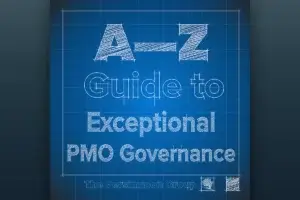After collaborating with stakeholders and gathering requirements to scope a project, projects are planned and scheduled according to what is known. Even the best-planned projects encounter the need for change due to new information, a shift in priorities, or unexpected delays or costs. When deviating from the original budget, schedule, or scope of a project, changes should be captured, evaluated, and tracked in a Change Request Log.

When collecting and tracking changes on a project, some of the valuable items to capture are:
Change Request ID: A unique identifier, usually a number, that allows for tracking of the change throughout the life of the project.
Project: The project to which the change applies.
Change Request Name: A short description of the change required that can be used to reference the change request.
Description: Detailed description of the change to be made that addresses any supporting context, history, or other information that give stakeholders the information they need to understand the change.
Status: Reflects the current status of the change as one of the below:
- Submitted: The change has been submitted to be reviewed by approving parties.
- Approved: The approvers have confirmed the change to be completed.
- In Progress: The change required is in progress.
- Pending Close: The change has been completed and is being communicated.
- Closed: The change request is complete and all stakeholders have been notified.
Origination Date: The date that the change was initially identified as a concern for the project.
Closed Date: The date the change was moved into closed status.
Triple Constraint Impact: Indication of impact to overall project scope, time, or cost.
Follow-Up Action Needed: Any additional items that need to be completed after the change request is closed.
Responsible Party: Individual who is responsible for follow-up actions.
Updates: Any updates that need to be tracked throughout the life of the change request.
For more information about maintaining a project log, see the Master Project Log which also includes logs for Action Items, Assumptions, Issues, Risks, and Key Decisions.









